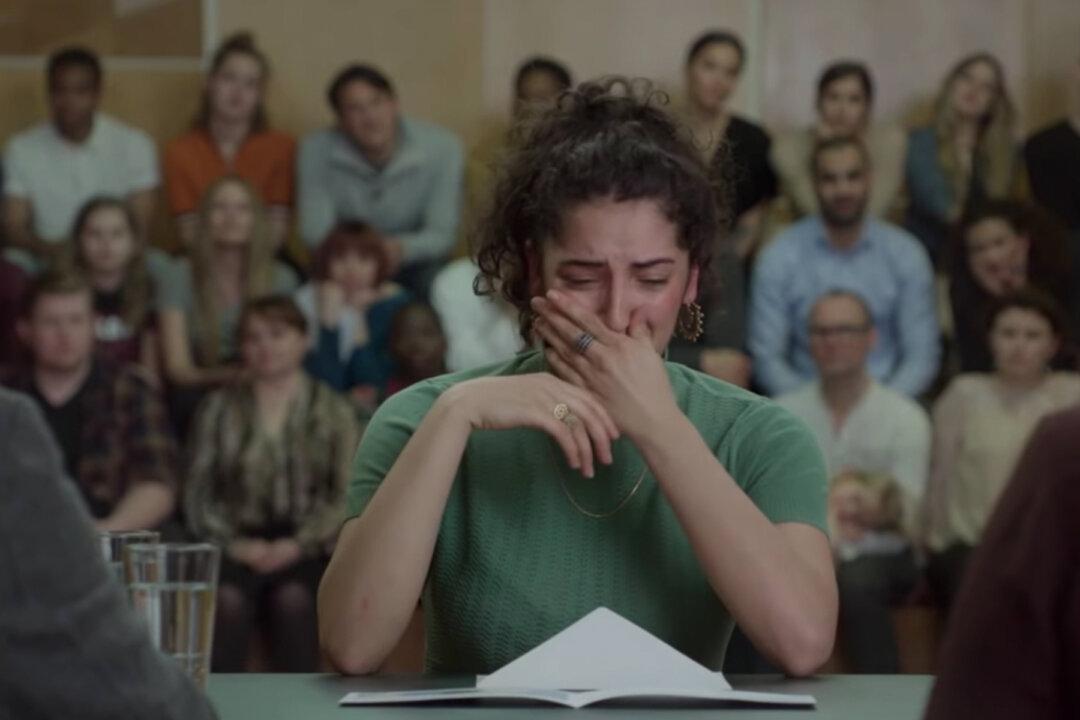“We asked 67 people from all over the world to take a DNA test,” said travel gurus Momondo, in one of the most emotional mass-confrontations with national identity on the internet. “It turns out,” they revealed, “they have much more in common with other nationalities than they thought.”
So many of us still harbor prejudice. Sometimes it’s unconscious, sometimes it’s out in the open, and sometimes we inherit our attitudes from the people around us. At its worst, prejudice creates global crises, even leading to wars and the devastating loss of countless lives.




